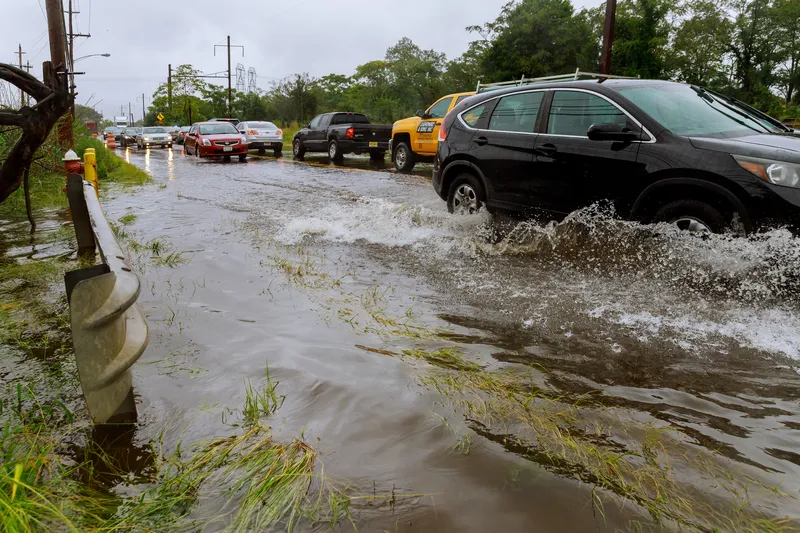Through the partnership’s AI@Centech Programme, Thales will provide them with business advice and infrastructure services.
Quebec-based Centech will lead a 12-week acceleration programme with case studies presented by entrepreneurs to help start-ups assess the market potential and viability of their projects.
A select committee will add the most promising projects to the ‘propulsion programme’ in which Thales will help the firms develop their products and marketing plans. Thales will also provide access to its markets in transport – as well as aerospace, defence and security.
Companies are promised 24/7 access to a collaborative workspace, a design centre and customised coaching.
For the first season of the acceleration programme, Thales and Centech are looking for ideas with a focus on improved passenger experience for transport system users, integration of unmanned aerial vehicles, resilient cities and improved maritime logistics.
Thales and Centech launch programme to assist AI start-ups
Thales has partnered with Centech, a Canadian start-up incubator, to help develop more than ten start-ups a year in the field of artificial intelligence (AI).
Through the partnership’s AI@Centech Programme, Thales will provide them with business advice and infrastructure services.
Quebec-based Centech will lead a 12-week acceleration programme with case studies presented by entrepreneurs to help start-ups assess the market potential and viability of their projects.
A select committee will add the most
January 31, 2019
Read time: 2 mins










